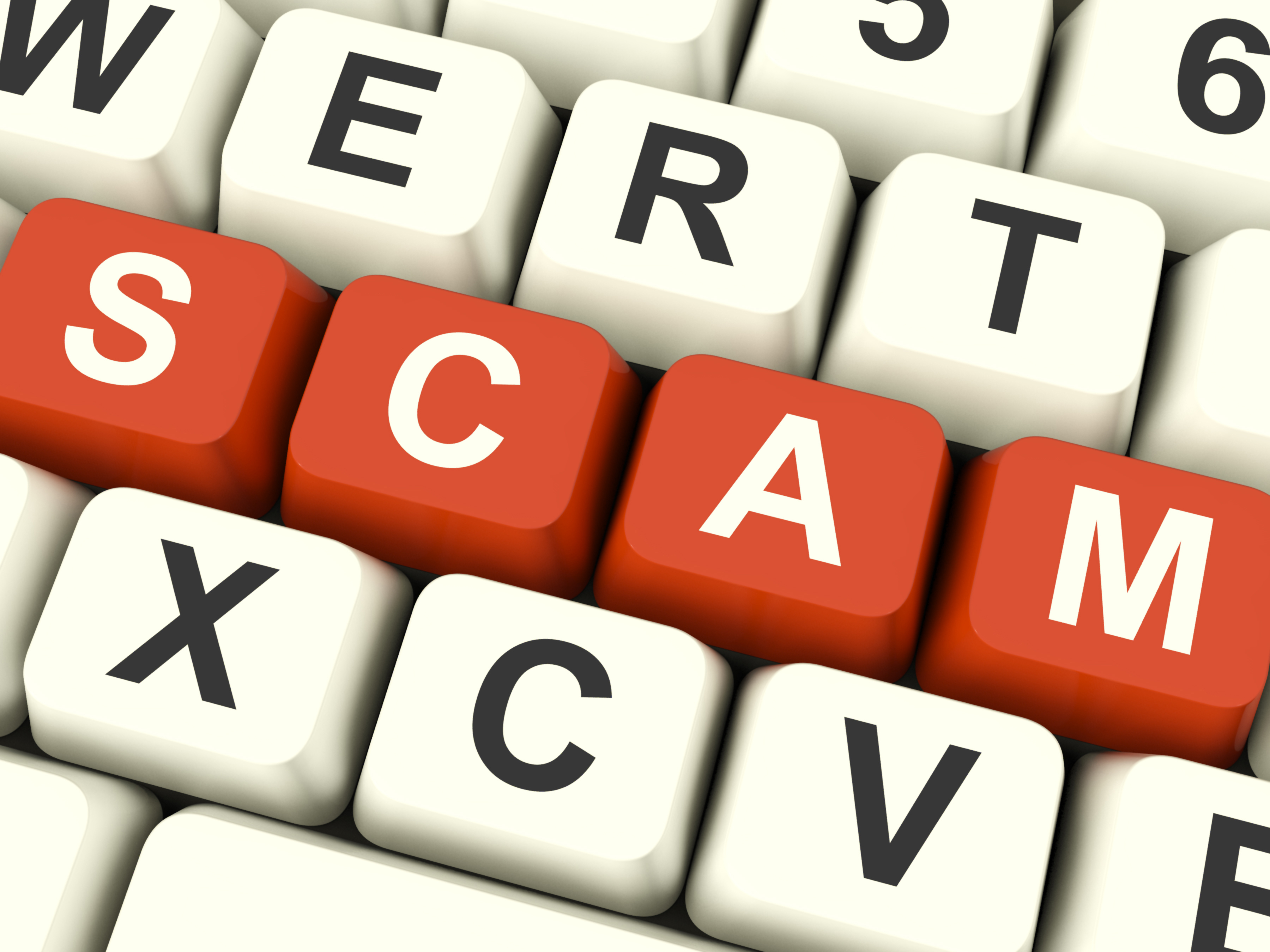AARP Hearing Center
Alan Marx pens the latest installment of AARP Tennessee's new blog series “Outsmart the Scammers:"

The economy may still be slow in many areas, but one type of business is thriving – consumer fraud. Thieves and tricksters constantly come up with new ways to try to get your money and property. Who is on your side in this fight?
Believe it or not - one of your biggest allies in the fight against fraud is the U. S. Postal Inspection Service. It's one of the nation's oldest federal law enforcement agencies, dating back to Benjamin Franklin’s days as Postmaster General. The mission of the Service is to enforce laws against illegal and dangerous uses of the mail. It investigates and helps to prosecute peoples who use the mail to engage in fraud.
There are approximately 1,500 Postal Inspectors who enforce more than 200 federal laws covering crimes that involve use of the mail. Postal Inspectors can carry firearms, make arrests and serve federal search warrants and subpoenas. They work with U.S. Attorneys, other law enforcement agencies and local prosecutors to investigate and prepare postal cases for court. The Service operates a forensic crime laboratory staffed with scientists and technical specialists. They work to identify criminal suspects and provide expert testimony at trial.
The Service offers advice for consumers under the title “Scheme Alerts” on its website . Interestingly, even crooks read this web site. Within a month after Guy Cottrell was appointed as the new Chief Postal Inspector, scam artists sent emails to people claiming that a parcel addressed to those people was being held by the “UPS Courier Service.” The parcel supposedly contained a card good for a large sum of money. The emails, which claimed be from “Guy Cottrell, Chief Postal Inspector,” said the recipients must send $130 dollars to retrieve the parcel. On its web site the Service warned that these emails were bogus and that anyone who sent money would never see it again.
The following are some of the schemes that the Postal Service is warning consumers about:

Bogus E-Mails
You might receive e-mails containing a link about a package delivery or online postage charges. The Service warns against clicking on these links, opening attachments, or printing labels from these emails, because opening them can install a virus on your computer to steal your personal information. Delete these messages without any further action.
Japan Charity Fraud
The Service estimates that 1.7 million web sites were created for fake charities in the aftermath of the Japanese earthquake and tsunami disaster. The Service warns you to choose a legitimate charity — not one set up for the sole purpose of bilking the public. If you are not familiar with a charity, the Service recommends you consult the Better Business Bureau’s web site at or at the following address:
BBB Wise Giving Alliance
4200 Wilson Blvd.
Suite 800
Arlington, VA 22203
Canadian Lottery Scheme Uses Fake USPS Checks
You may receive a letter from Canada announcing that you have won a foreign lottery. A counterfeit Postal Service check is enclosed telling you to deposit the check and then wire part of the money to a foreign address. The Service is aggressively investigating this scheme. [Always remember – if you did not enter a lottery, you did not win.]
Work-at-Home Scams
Wouldn’t it be nice if you could earn money at home? Advertising for work-at-home positions, including “merchandising manager,” “package processing assistant,” or “paid mystery shopper,” are common. Unfortunately, these job offerings are fertile grounds for fraud. The claimed duties may include receiving packages and mailing them to a foreign address on behalf of a client, using postage-paid mailing labels provided to you by email.
If you accept the job, the Service warns that you may receive merchandise bought with stolen credit cards and counterfeit postal money orders. Also, if and when you receive payment, the check or postal money order you receive may be counterfeit.
The bottom line? It pays to be skeptical when you encounter mail, broadcast, or internet offers that sound too good to be true. Remember the old saying – if it sounds too good to be true, it probably is. You worked hard for your money, and you have better things to do with it than to give it to someone who is trying to trick you.
Alan is an attorney with King & Ballow in Nashville, a native of Memphis and a veteran AARP volunteer whose passion is consumer protection.
Want to know more about AARP Tennessee? Visit the web site, join our Facebook family and follow along on Twitter.































































